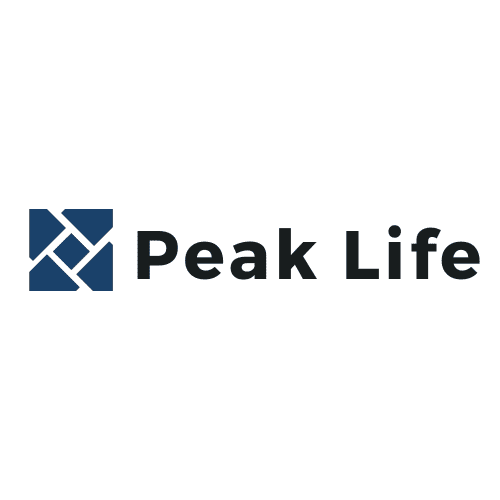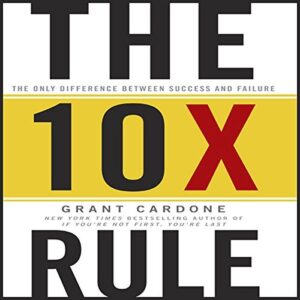Iterate
This post contains affiliate links that help supports this blog and cost you the exact same. If you do not wish to use affiliate links, then feel free to google the product.
I have not failed, I’ve just found 10,000 ways that won’t work. — Thomas Edison
In my life, I have done a lot of good things, a fair amount of great things, and a few excellent things. Not one of those was on the first try.
Iterate
Evolution is a powerful force, not only in nature but also in our own work. By taking something and continuously removing what doesn’t work and improving what does work, you can end up with something far better than ever imagined. Just think of the improvements in smartphones from 10 years ago to today. Does anyone remember how clunky the iPhone 5C was compared to today’s model?
This principle can be applied to almost any endeavor: editing a blog post, organizing your kitchen, painting a picture, or evolving a business.
Progress not perfection
Once you start trying to refine and improve it is very difficult to avoid becoming a perfectionist. The problem with perfectionism is the diminishing returns. As your skills level up, so will your expectations. Nothing will ever be perfect it just depends on how close to perfect you accept. I think it’s a worthy cause to try for ~90% of the best you could possibly do. If you do less than 80% then you are not pushing yourself hard enough to grow; however, doing above 95% will take exponentially longer for marginal gains.
Have you ever got to the end of a project and wanted to completely restart because you now know a better way? That is iterating. Whether that’s baking, cooking, storytelling, writing, woodworking, or designing, simply focus on being better every day.
Small Steps
The key to continuous improvement is taking small steps in the right direction. The first step is often the hardest because we do not know how to go from 0 to 1. All we see are the 10s and we end up comparing ourselves, as someone who hasn’t even started, to the experts. This creates a fear of failure. The way we get around this is by adjusting our mindset and accepting that we are going to suck for the first several attempts (or maybe the first 10,000). For example, we can switch our goal from “learn how to play X song on the piano” to “play the piano for 20 minutes a day.” Doing this changes our mindset from being results focused to being process-focused.
Once we are focusing on process and not results we can multiply our progress by attempting projects that are just outside of our capability. The sweet spot is about 10% above your current level. This puts you into a flow state where it is challenging enough to require full attention but not so challenging that you stop making progress and are likely to fail.
Summary
-
Tackle projects just outside of your comfort zone: enough to push you but not enough to cripple you
-
Break tasks and projects into small steps
-
Focus on progress, not perfection
-
Iterate: make each version a little better by removing what didn’t work and improving what did








